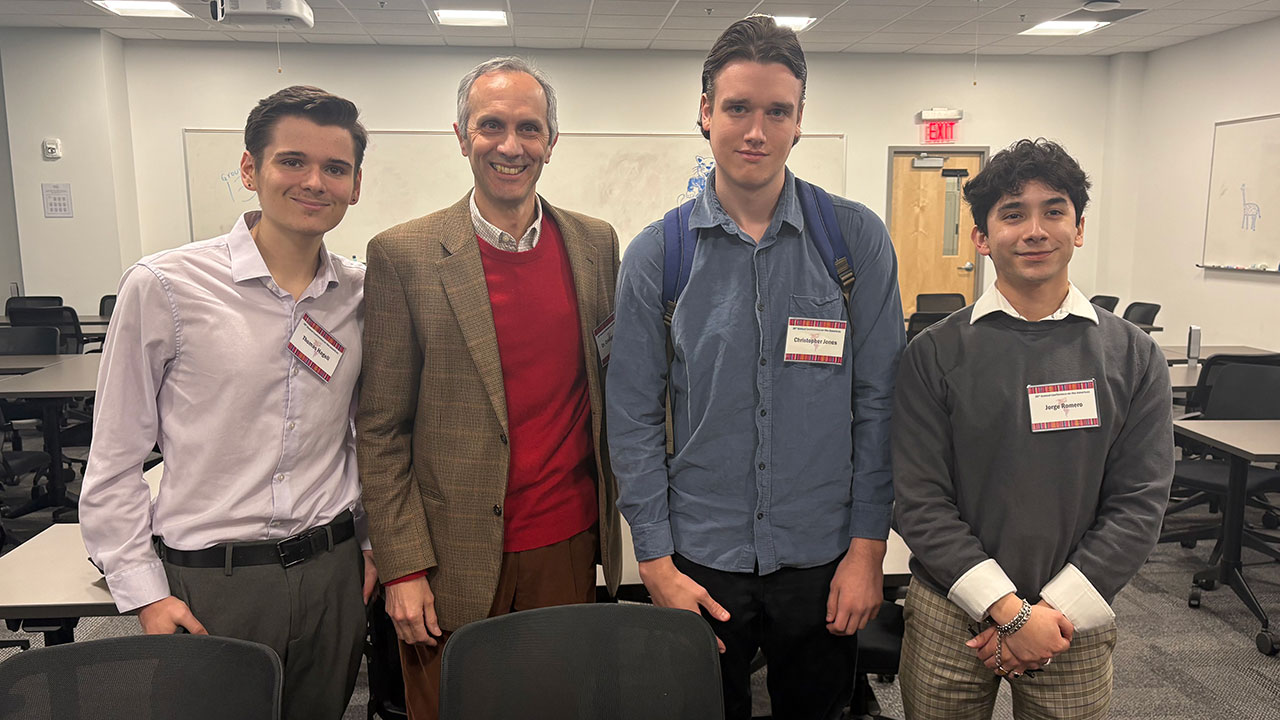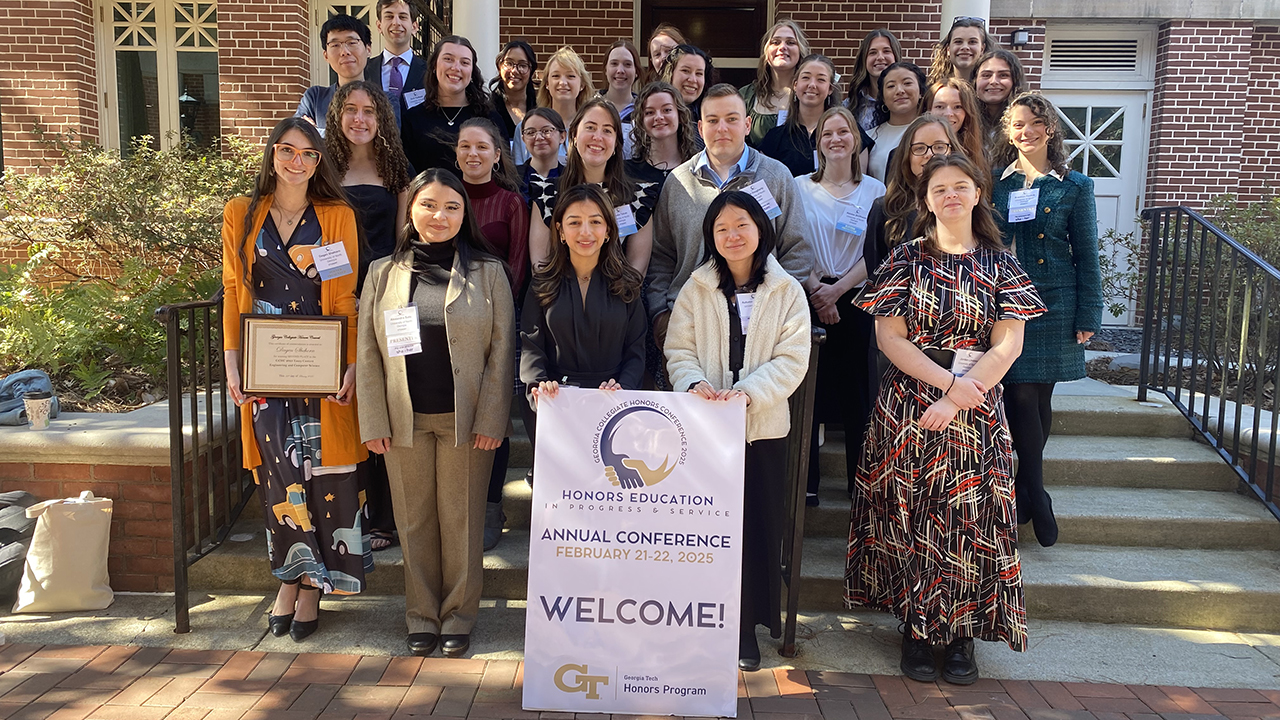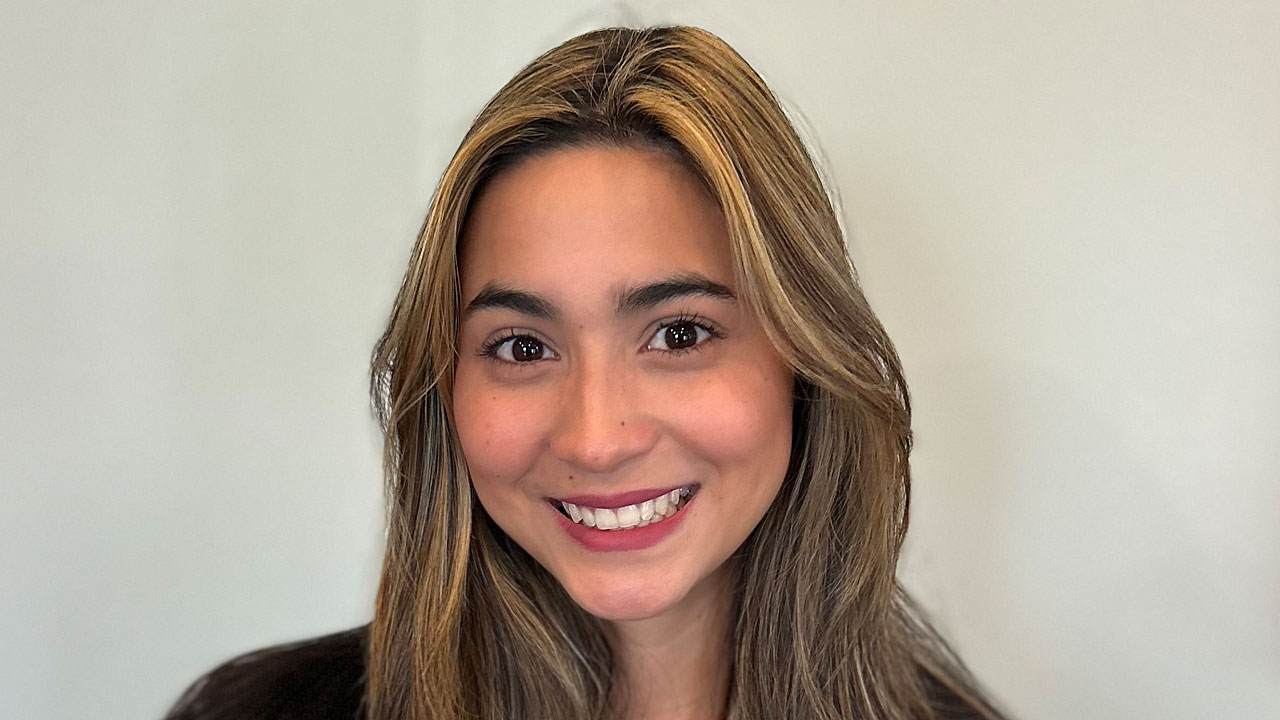Assistant professor of sociology to examine students' social ties

Article By: Staff
When most people hear the word "social network," they think of Facebook, Twitter, Instagram and LinkedIn. To Dr. Diogo Pinheiro, social networks are personal connections.
"It is who you know, the friends you make, the people who you ask for advice, and the mentors in your life. Those are your social networks," said the assistant professor of sociology at the University of North Georgia (UNG).
In spring 2021, Pinheiro will study the impact of social networks on undergraduate students across all five UNG campuses as part of a semester-long research project. Pinheiro earned a semester 2020 Presidential Incentive Award to determine how students' social networks factor into their choice of major and decisions to transfer schools or remain enrolled.
"I know anecdotally that some students changed their majors because of their friends, or other students felt homesick and didn't want to stay in college," he said. "But there is relatively very little research on how our social networks like peer-to-peer interaction affect students and their decision."
Pinheiro plans to fill that void with the research-based pilot project.
"UNG is the perfect lab situation because of the different campuses," he said. "We have a commuter campus, a residential campus, and three other campuses. We can figure out how making friends on campus or not, or fitting in or not can affect students. We can compare Gainesville to Dahlonega and compare the Blue Ridge, Cumming and Oconee campuses."
To begin his project, Pinheiro has spent fall 2020 on preliminary elements such as gathering background data, seeking Institutional Review Board approval, and developing an interview schedule and survey for students. In spring 2021, Pinheiro will seek out 10-15 students as volunteers to answer in-depth questions in one-on-one interviews. Then, he will develop a survey for a larger sampling of students to answer.
 |
|
Pinheiro will seek out 10-15 students as volunteers to answer in-depth questions in one-on-one interviews in spring 2021. |
Responses to the questions could prove useful to UNG and other higher education institutions.
"By looking at how students use social networks and finding out where their gaps of knowledge might be, it will help us design programs and initiatives to bridge those gaps," Pinheiro said.
He explained his project will also bridge a gap in higher education research. He said while higher education research has focused on the social networks of women and underrepresented minorities at the faculty level, his research will center on the same topic for undergraduate students.
"I plan to write a grant to the National Science Foundation based on this pilot study," he said. "If I receive it, then I could continue this project. I could track students through the year and have a better understanding of students' decision making and support systems."
Pinheiro said he could answer two questions: Do students with good social networks become more successful? Or do successful students naturally form good social networks?
"This research project is the beginning of trying to answer those questions," he said.



